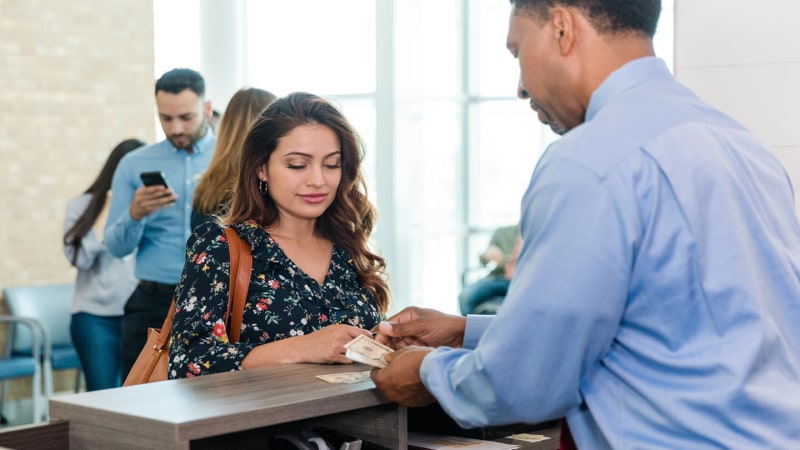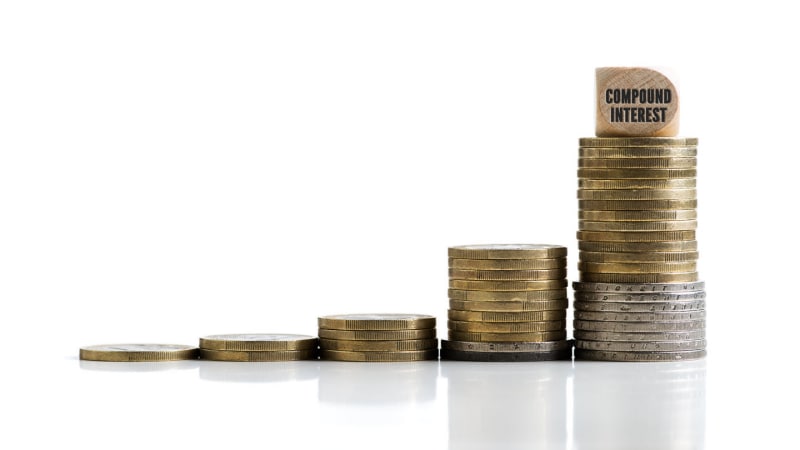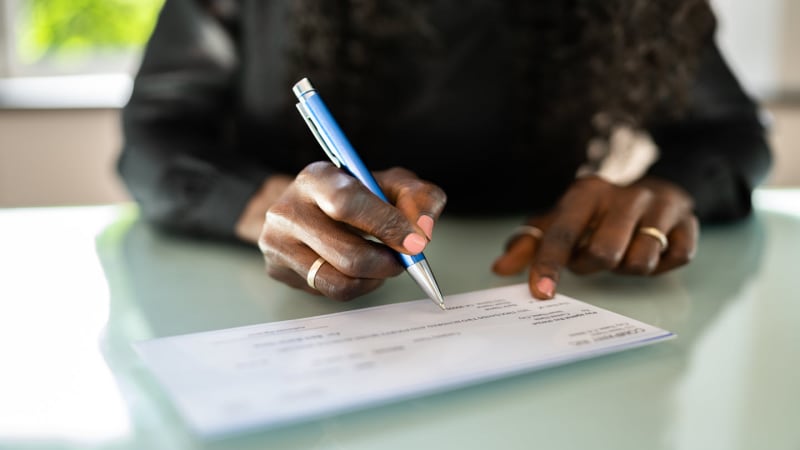Where can I exchange currency without paying large fees?

Quick insights
- Banks and credit unions may frequently offer some of the more favorable exchange rates.
- Once you’ve arrived at your destination, an in-network ATM may offer the most competitive exchange rate.
- While some travelers prefer to use debit or credit cards instead of cash, these payment options could result in foreign transaction fees.
When making purchases on an international trip, you may want to avoid additional banking fees or marked up currency exchange rates. Before you travel, it can be helpful to find the best available exchange rates and research any terms and fees associated with your debit or credit cards.
With a little vacation planning, you can spend your trip focused on seeing the sights instead of scrambling to figure out how to make purchases without paying large fees. Here are some things to know about exchanging currency.
Where to exchange currency
Generally, you can exchange currency at several locations:
- Banks or credit unions
- Online currency converters or mobile apps that offer cash delivery
- Airport kiosks
- Exchange houses
- Tourist centers
Some locations offer more competitive exchange rates and lower fees, so you could potentially save money by doing a bit of research. Generally, you’ll get better rates if you compare your options and exchange your money before you travel to your destination.
Airports, exchange houses and tourist centers can be convenient options, but they may not offer competitive rates. Therefore, it may be better to consider using them only as a last option.
Exchanging foreign currency in the U.S.
In many cases, your bank or credit union will have the most competitive exchange rates. However, a good way to determine if the rate seems fair is by researching and comparing the available options.
Exchanging foreign currency outside the U.S.
Withdrawing the local currency through an in-network ATM may be a good option for many travelers. These ATMs generally offer comparatively favorable exchange rates and low fees, especially compared to out-of-network ATMs. Making withdrawals in large amounts can help minimize the number of ATM fees. Of course, your bank likely has ATM withdrawal limits that you may need to consider.
Your bank may have an app that allows you to locate nearby in-network ATMs.
How to exchange currency at your bank
The steps for exchanging currency may vary by bank and credit union. However, here’s a general guide to the process:
- Research the current exchange rates online. Note that exchange rates can fluctuate daily.
- Check online or contact your bank to find out whether they have the currency you need. Even if your bank doesn’t have the currency on hand, it’s possible they can order it. Note that you’ll need to give them sufficient time to order the currency before your trip.
- Look up any fees your bank may charge and find out about the delivery or pickup options.
- Determine whether your bank offers a competitive rate.
- Pick up the currency or arrange to have it delivered to you.
Keep in mind that your bank or credit union will typically add a markup to the current exchange rate to help minimize their risk. Additionally, there may be an additional fee if you choose to get the money delivered to you.
What to bring to exchange money at the bank
Your bank or credit union may ask you to bring the following when doing a money exchange:
- A U.S. ID
- Money you’re exchanging
- Payment option if your bank charges a transaction fee
Note that you often need to hold an account with the bank to exchange money, and your bank may have minimum and maximum amounts for currency conversion.
Using a debit or credit card abroad
Converting your funds to the local currency at your bank before you travel may offer a competitive exchange rate. However, one potential drawback is that it’s very difficult to recover cash that’s lost or stolen. Using your debit or credit card abroad may be preferable depending on the terms and fees associated with your checking account or credit card account.
Debit and credit cards typically come with certain safety features that could potentially make them a safer payment options for foreign transactions. For example, you may be able to pause these cards if they’re misplaced.
Debit or credit cards may charge foreign transaction fees when you make purchases outside the U.S. Knowing your bank’s fee in advance can help you avoid surprises on your bank statement or credit card statement.
You may be able to avoid conversion fees if you pay in the local currency when using your card. You usually need to either tell the salesperson or select this option on the screen or keypad when you check out.
If you don’t already have a debit or credit card or want to find one with more favorable terms on foreign transactions, consider getting a debit card or credit card prior to your travel dates. You typically need to activate debit cards and credit cards before using them.
Opening a vacation savings account is another financial tool that could help you prepare for an international trip.
In summary
When exchanging money before a trip abroad, your bank or credit union will typically offer the best exchange rate, but you can compare your options to be sure. You may get a competitive rate if you exchange the currency before arriving at your destination. However, if that’s not possible, withdrawing the local currency from an in-network ATM may give you the best rate.
Some people may prefer to use a debit or credit card over cash for foreign transactions. Debit cards with no or minimal foreign transaction fees may be a good option. There may also be conversion fees, but you may potentially avoid these fees if the merchant allows you to select to pay in the local currency.



